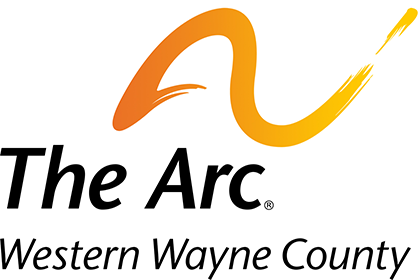Mediation happens when a mediator helps two disagreeing parties try to reach an agreement. Mediation is available whenever a due process hearing is requested, and can be used to reach an agreement without having to go to a hearing.
According to IDEA, the Individuals with Disabilities Education Act, the mediation requirements are:
- Mediation is free and voluntary.
- Mediation cannot be used to deny a parent’s right to an impartial due process hearing.
- Mediation must be conducted by a qualified and impartial mediator.
- The state must maintain a list of individuals who are qualified mediators and knowledgeable about the laws and regulations on special education.
- Mediation shall be scheduled in a timely manner in a convenient location.
- Mediators are subject to mutual agreement by all parties.
- An agreement reached by the parties must be set forth in a written mediation agreement.
- Discussions occurring during mediation must be confidential and may not be used as evidence in subsequent due process or civil proceedings, and
- Parties to mediation may be required to sign a confidentiality pledge before the mediation process begins.
If you need help with mediation, contact Michigan Special Education Mediation Services at 517-485-2274.
Phone code: 1611

Recent Comments